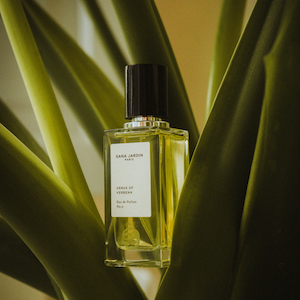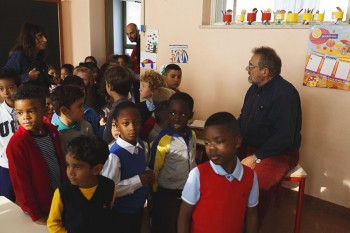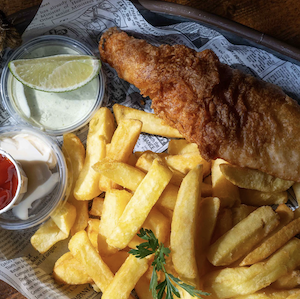Benetton Celebrates Women in Craft
By Jo Phillips
There is no secret that fashion is a female dominated industry and one which cultivates and celebrates the talent and creativity of women. Trailblazers such as Jeanne Lanvin, Madelaine Vionnet and Rei Kawakubo are examples of how women can make an impact on our art and culture. For a lot of communities around the world, the presence of women in creative and crafting industries is a vital addition to their wellbeing and growth.
The garment industry, for example, is the largest employer in manufacturing, which means many women in developing countries veer towards this in order to sustain their families. Their skills and craftsmanship are responsible for the production of the world’s most famous clothing brands. Studies in the 1990s showed that approximately 350,000 people in Bangladesh were employed by the garment industry, though because such employments are usually informal, it is impossible to get specific statistics. Such studies are also unable to take into account the number of homeworkers; garment workers everywhere are usually women, who have demonstrated more aptitude than men in stitching, for example.
An unfortunate reality, however, is that the garment industry in developing countries is an irregular and exploitive one. Export factories have been shown to favour young women, before they are married or pregnant, but will promptly let them go if such things should occur. In addition, most homeworkers are paid by the piece and earn very little without receiving overtime pay, meaning that such jobs are labour-intensive.
With fast-fashion coming under increasing scrutiny, some organisations are working to challenge the working conditions of impoverished workers in developing countries. As a part of its Women Empowerment Program, the Italian fashion brand Benetton launched two new projects to support women and grant sustainable livelihood. Benetton’s aim is to recognize that gender equality and the empowerment of women are not only human rights, but necessary steps towards a prosperous and more sustainable world for all.
Their Women Empowerment Program was created in October 2015 and it is the focus of Benetton Group’s current sustainability strategy. The program is based on gender equality and women empowerment, which are development goals set by the UN. These goals will be achieved through five key efforts: sustainable livelihood, non-discrimination and equal opportunities, access to health, quality education and the end of every form of violence against women around the world.
One of the projects is the Sustainable Livelihood Project, which aims to empower home-based female workers in Pakistan and women in the Ready Made Garments sector in Bangladesh. The focus on women explains why Benetton has decided to launch this project in cooperation with its WE Program.
It is necessary to give women worldwide the chance to enjoy decent, fairly paid jobs in adequate workplaces, with additional measures, so that they can attain social and economic sustainability for themselves and their families.
Over the next two years, Benetton will support the activities of UN Women in Bangladesh and Pakistan. The aim is to improve the conditions of female garment workers and to reduce their vulnerability in the workplace as well as at home.
In Bangladesh, 5000-6000 women who are currently employed in the RMG sector will be supported through training courses that will help them strengthen their professional skills. Furthermore, they will receive help to sign up for basic financial products at local banks, such as loans, insurances and saving accounts. In Pakistan, 1500 women living in the manufacturing district will be supported. The project focuses on the unemployed and those working at home or in the fields, as well as ethnic and religious minorities. They will obtain an ID to be able to vote, open a bank account and get access to training courses. Benetton also works together with the local textile factories to make workplaces more welcome to women.
In order to cultivate the skills of women workers, it is essential to provide them with safe and happy living conditions too. The Benetton Group has additionally collaborated with United Nations and Fabrica to campaign for the Elimination of Violence Against Women. At the forefront of this effort is the image of mother-daughter duo Lucy Briashci and Tiziana Bolfe: dancers who symbolise the struggle of violence against women through their art form.
This is not Benetton’s first collaboration with the UN; the company has a rich history of challenging the inequalities women face. From dark issues, groups like Benetton strive to bring light through the fusion of creativity and charity. Click here to learn more about Benetton’s past efforts.







